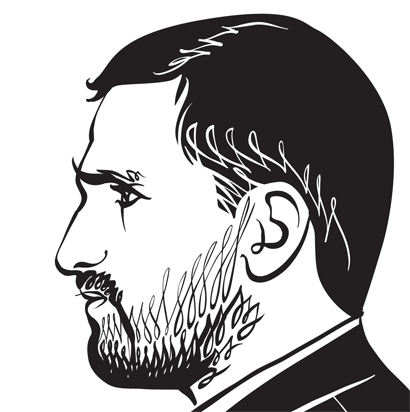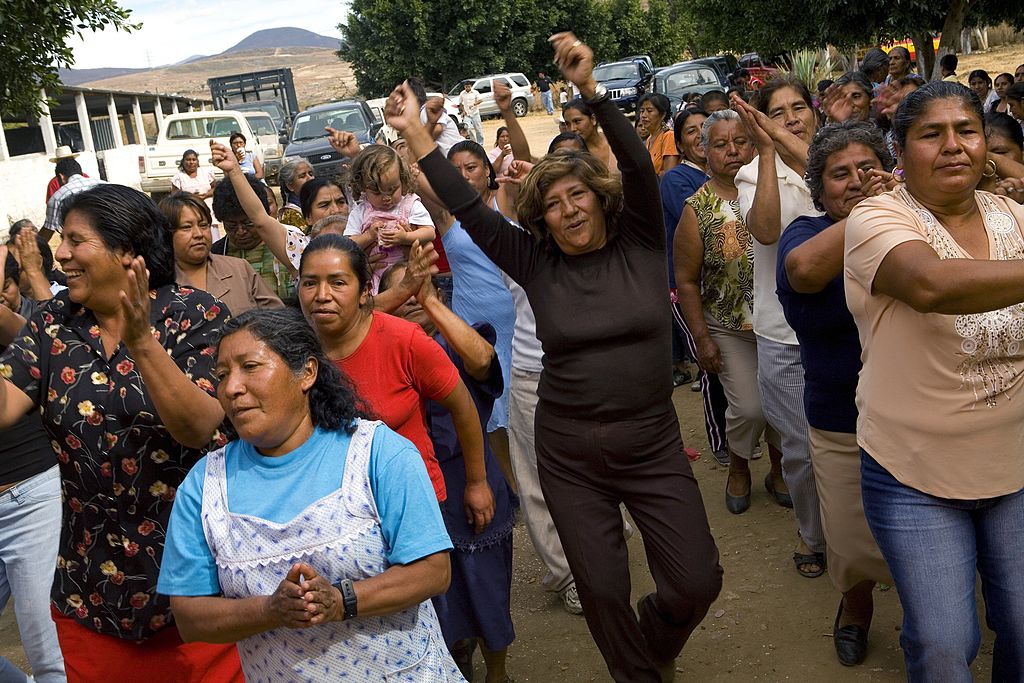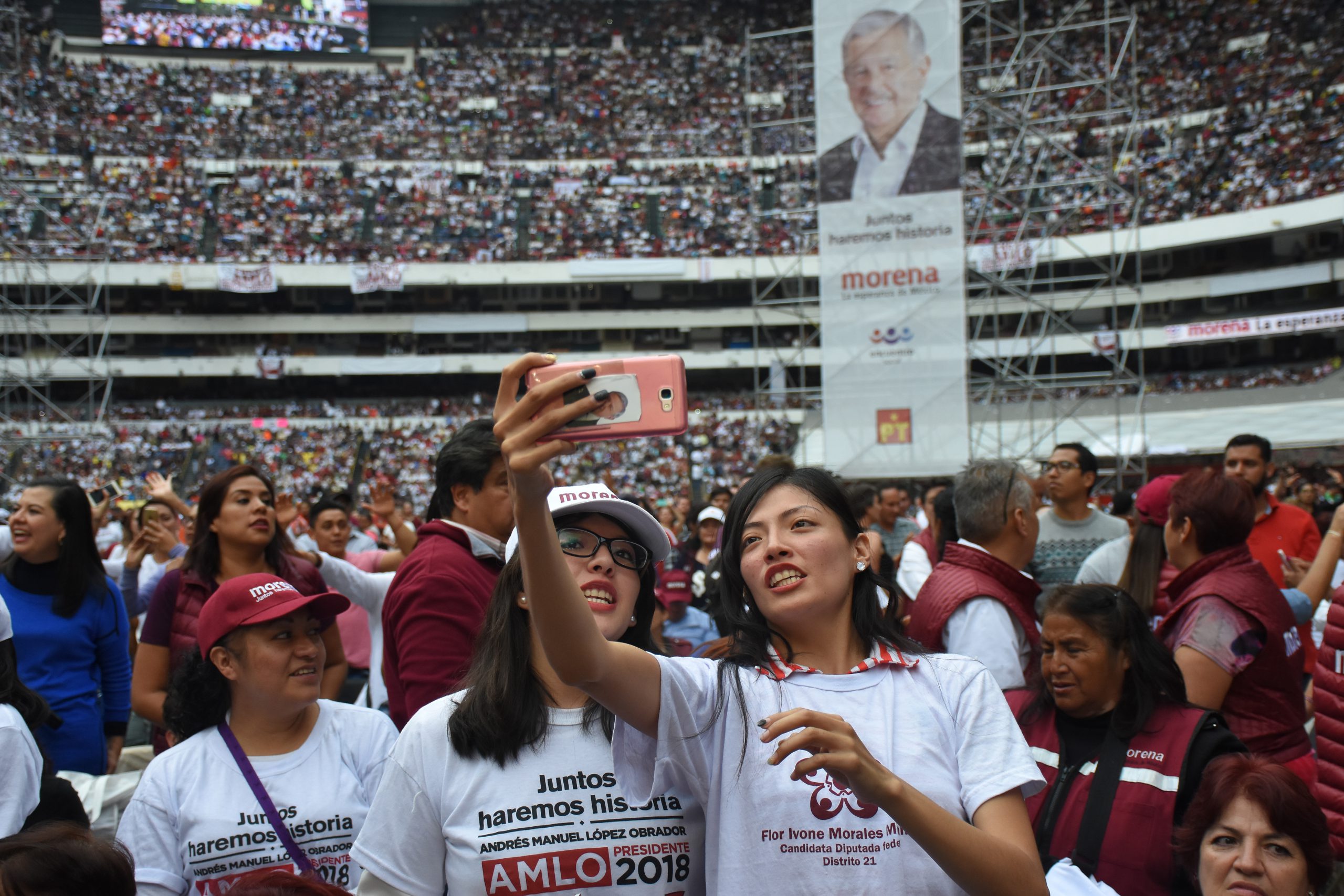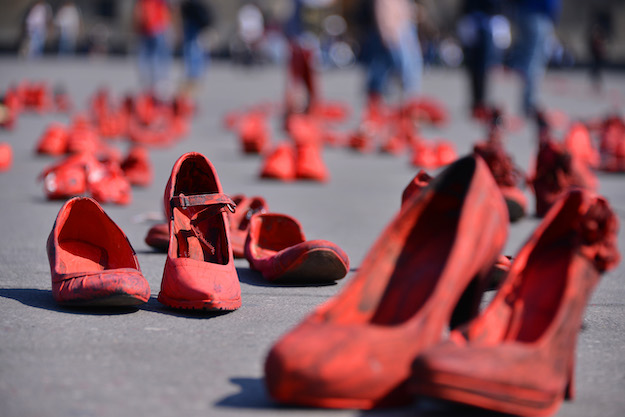Academic studies and professional experience have taught me that I should concern myself with what lies beyond my own personal success. Many like me are working to create nationwide projects that aim to reach more people, reduce divisions, combat poverty, and diminish the social anomie in which many people live. We strive to create a more equitable and peaceful world that protects nature and fights poverty and war.
I live in Peru. My visits to schools across the country and the region and my academic mentoring have led me to a fundamental discovery: social change depends on personal change. Structural change is not possible without ethical and educated individuals who seek to live a profound and happy life.
The first challenge is ideological. In our region, polarization is growing. Some South American countries still do not understand that people should never be deprived of their rights. Even if a country is oppressed for 40, 50 or 60 years, it will always end up breaking the shackles. It was not long ago that we witnessed this phenomenon, but the speed of change and the volume of information apparently have made us forget the recent past.
The second challenge is the lack of coordination among our national interests. We are still immature countries who believe that personal gain is achieved by competition. This is clearly reflected by the absurd regional arms race that has escalated in recent years.
Finally, the inability to recognize our own cultural potential is perhaps the biggest obstacle and the source of our greatest malaise. He who does not know himself is condemned to continue depending on others to think for him. Latin America has a wonderful mestizo spirit; it is creative, resourceful, assertive, and adaptive. Does anybody realize this? We continue to look with envy at European social models and trite economic formulas that have been tried in other countries without success.
But despite these obstacles, the quantity and quality of ventures has increased. In Peru, young people have taken it upon themselves to create diverse initiatives in education, health and ecology.
Everyone speaks of the strong political commitment of our youth—that we possess a renovated political spirit, new in its forms and methods and distinct from the partisanship and radicalism of the 1970s and 1980s.
In 2005, with these ideas in mind, I arrived at
The project was not only innovative but revolutionary. It evaluated the impact of an AFF initiative called Aprendiendo a Querer (Learning to Love) that had been offering a values education program for nearly eight years to more than 10,000 students in
Thanks to my work at AFF during the past four years I have been able to truly understand the needs of individuals involved in education along with the expectations and democratic values shared by the educational community. While it is obvious that economic needs are urgent, psychological and human development needs—relating to their dreams about freedom and their need to build a better future—are also crucial. I also learned the importance of bridging the technological gap that has left poor communities in the lurch, particularly in
Children are gradually grasping the notions behind democratic values and have begun to incorporate these values in their daily lives. This in turn has improved the way they relate to others. The broad-based study also showed that when faced with an ethical decision, children are moved not only by what they believe is correct but by a need for security, acceptance, affection, and feeling important. This information will be vital in creating effective curricula for teaching values and virtues.
I currently work as an advisor for the Peruvian Government, and although I’m planning new initiatives, we need more programs like Learning to Love. And here’s why. We need leaders who will be committed to their communities, their countries and the world; who are willing to delay their personal interests and ambition for the benefit of others; who will participate in the global arena; and who are capable of building a more just society in keeping with the dreams of our human nature.
But the first step is in training these new leaders of the future. That’s where our work should focus today.







